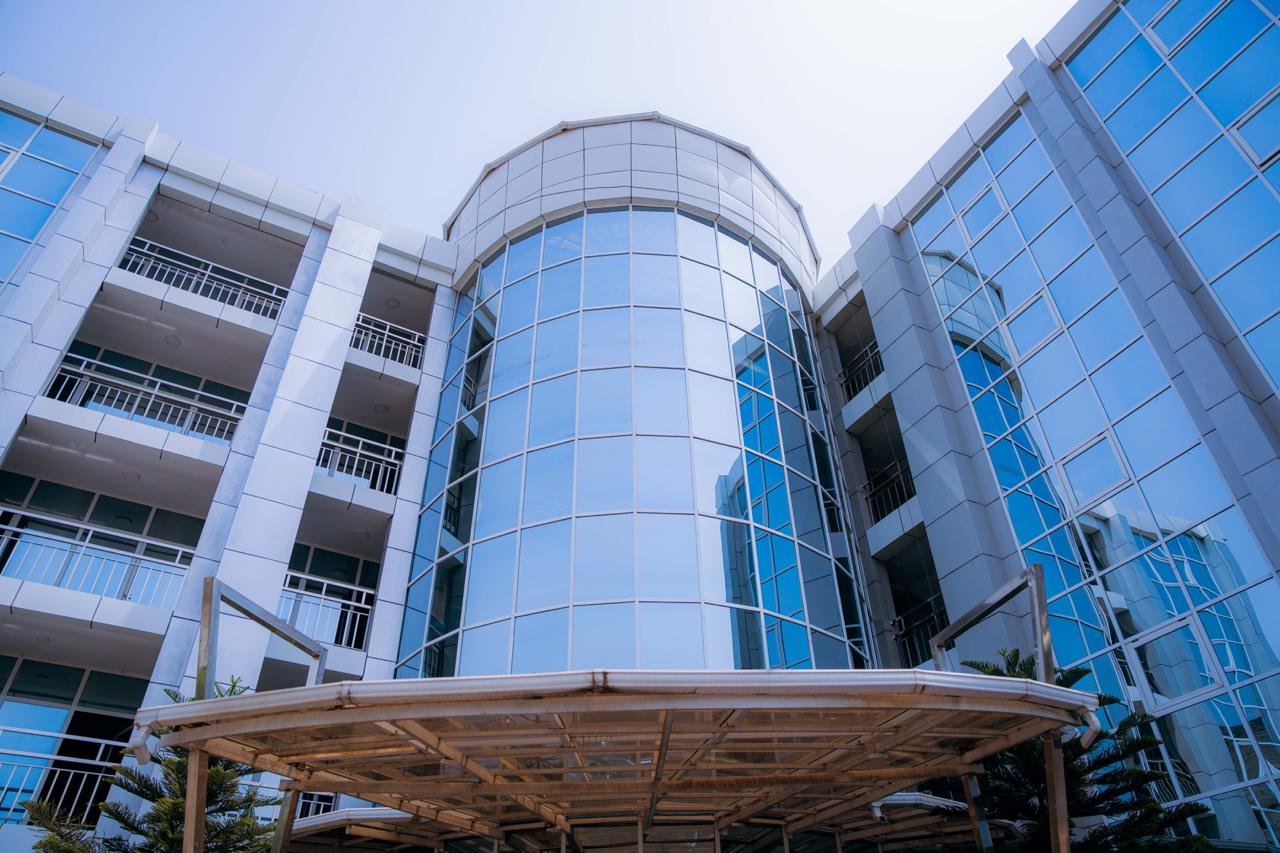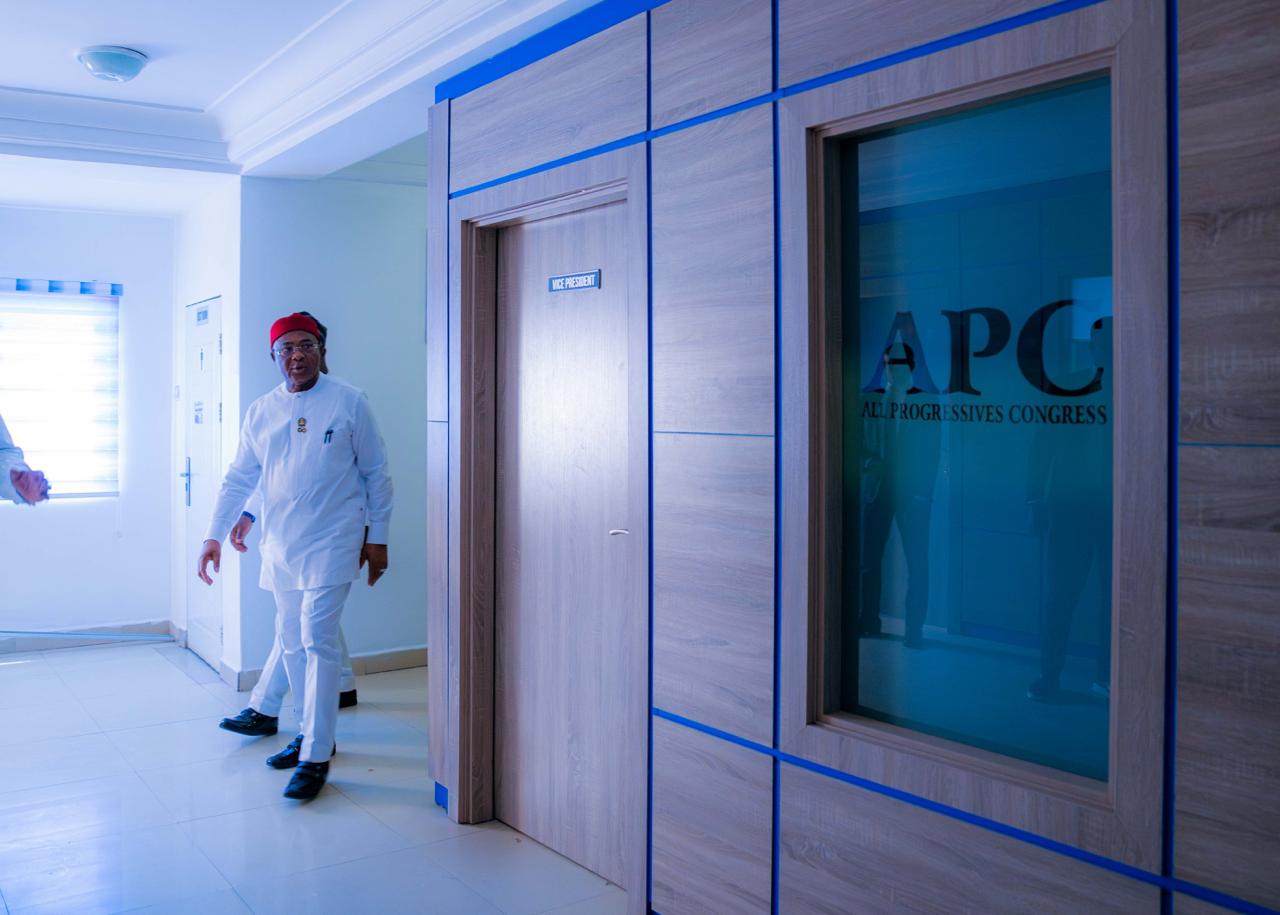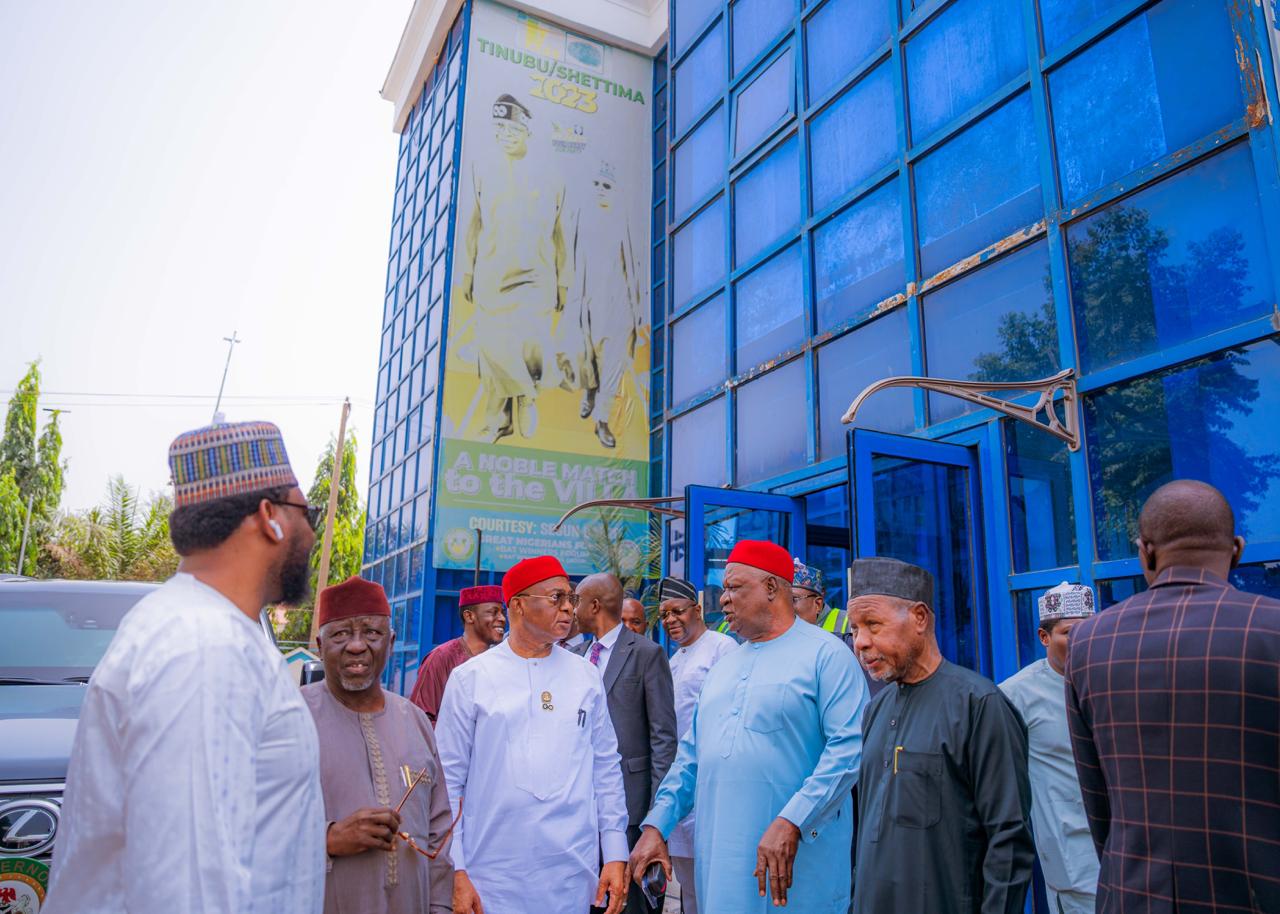Business
Delta Air Lines Announces September Quarter Profit

- Adjusted pre-tax income1 of $2.2 billion, an increase of $547 million year over year on a similar basis.
- Adjusted earnings of $1.74 per diluted share.
- On a GAAP basis, pre-tax income of $2.1 billion and earnings of $1.65 per share.
- Returned $532 million to shareholders through dividends and share repurchases.
ATLANTA, Oct. 14, 2015 – Delta Air Lines (NYSE:DAL) today reported financial results for the September 2015 quarter, including adjusted net income1 of $1.4 billion or $1.74 per diluted share, up 45% from the September quarter of 2014.
“Despite currency volatility and global economic uncertainty which drove a modest decline in revenues, we expanded operating margins by over five points to 21%, grew earnings per share by 45%, and generated $1.4 billion of free cash flow in the September quarter as demand remains solid and fuel prices have dropped materially. We expect that strong performance to continue in the December quarter with operating margins of 16 to 18% and over 40% earnings per share growth,” said Richard Anderson, Delta’s chief executive officer. “It’s an honor to recognize the hard work of 80,000 outstanding Delta employees with over $1 billion of profit sharing accrued so far this year. Our team consistently delivers best-in-class operations and service to our customers, develops innovative solutions with our global partners, and produces strong returns for our shareholders.”
Revenue Environment
Delta’s operating revenue for the September quarter decreased 0.6%, or $71 million, including $235 million in foreign currency pressures. Passenger unit revenues declined 4.9%, which includes approximately 2.5 points of impact from foreign currency.
Delta continues to successfully implement its Branded Fares initiative, increasing paid first class load factor by 8 points to 56% and expanding its Basic Economy product to over 450 markets. In total, Branded Fares products produced more than $75 million in incremental revenue in the September quarter.
“Our commercial initiatives are delivering solid benefits as we’ve expanded our revenue premium to the industry, strengthened our hubs in New York, Seattle and Los Angeles, and deepened our partnerships around the globe. However, low fuel prices and foreign currency have pressured our revenue performance,” said Ed Bastian, Delta’s president. “By keeping our system capacity flat for the December quarter, we are taking action to drive improvement in our unit revenues which we forecast will decline 2.5-4.5% for the quarter including 2 points of impact from foreign currency. Our conservative growth in this low fuel environment is evidence of our commitment to getting RASM back on a positive trajectory, which is a key component to achieving our long-term margin targets.”
Bastian continued, “As we look ahead, fuel prices remain volatile and we are not recasting the business for low fuel prices. Our plan is for 2016 capacity growth of 0-2%, which we believe is the appropriate level to balance supply and demand and to ensure the momentum in our business continues.”
December 2015 Quarter GuidanceFollowing are Delta’s projections for the December 2015 quarter:
Cost PerformanceAdjusted fuel expense2 declined over $1.1 billion compared to the same period in 2014, as 50% lower market fuel prices and an $87 million increase in profit at the refinery offset $250 million in settled hedge losses. CASM-Ex3 increased 0.9% for the September quarter on a year-over-year basis, with foreign exchange and the benefits of Delta’s domestic refleeting and other cost initiatives offsetting the company’s investments in its employees, products and operations. The September quarter also included approximately 1 point of unit cost pressure from benefit accruals related to recently announced pay increases for Delta employees. Delta’s debt reduction initiative continued to improve the company’s interest expense, producing $33 million in interest savings for the quarter compared to the same period in 2014.
“We continue to benefit from the decline in fuel prices, which provided a $1 billion-plus tailwind this quarter and, at current prices, will drive a $750 million benefit in the December quarter,” said Paul Jacobson, Delta’s chief financial officer. “With volatile fuel prices and revenues under pressure, we are using the current environment to evaluate and prune costs across all parts of the business, including our overhead functions, making sure we’re investing in the right parts of the airline and at levels we can sustain over time.”
Cash Flow, Shareholder Returns, and Adjusted Net Debt4Delta generated $2.4 billion of adjusted operating cash flow and $1.4 billion of free cash flow during the quarter. The company used this strong cash generation to reinvest $1.0 billion back into the business, including $450 million for its 3.5% ownership position in China Eastern. The company returned $532 million to its owners through $107 million of dividends and $425 million of share repurchases, while also strengthening its balance sheet by reducing its adjusted net debt to $6.4 billion. During the quarter, Delta refinanced its senior secured credit facility ahead of its scheduled maturity. The new borrowings include a $1.5 billion undrawn revolver, a $500 million term loan, and a $500 million EETC with a blended rate of 3.77%. The improved strength of Delta’s balance sheet allowed it to lower the overall rate on the borrowing and increase its revolver capacity by $275 million. In addition, the company reduced the outstanding principal amount by $320 million as it continues toward its $4 billion debt target by 2017.
“The strong cash flows we are producing are allowing us to reinvest in our business and our employees, while working toward achieving an investment grade balance sheet and also returning increasing levels of cash to shareholders,” Jacobson continued. “Since initiating our capital return program, we have already retired 8% of Delta’s outstanding share count while reducing our adjusted net debt by nearly $4 billion over that same time period.”
GAAP Metrics Related to Fuel, Cost Performance and Cash Flow Below are GAAP metrics corresponding to the non-GAAP figures cited above. Special ItemsSpecial items, net of taxes, in the September 2015 quarter totaled $69 million, including:
- A $69 million charge primarily for mark-to-market adjustments on fuel hedges settling in future periods.
Special items, net of taxes, in the September 2014 quarter totaled $657 million, including:
- a $397 million charge for fleet and other items;
- a $215 million charge for mark-to-market adjustments on fuel hedges settling in future periods;
- an $87 million charge for debt extinguishment and other items; and
- a $42 million gain related to a litigation settlement.
About Delta
Delta Air Lines serves more than 170 million customers each year. Delta was named to FORTUNE magazine’s top 50 World’s Most Admired Companies in addition to being named the most admired airline for the fourth time in five years. Additionally, Delta has ranked No.1 in the Business Travel News Annual Airline survey for four consecutive years, a first for any airline. With an industry-leading global network, Delta and the Delta Connection carriers offer service to 318 destinations in 58 countries on six continents. Headquartered in Atlanta, Delta employs nearly 80,000 employees worldwide and operates a mainline fleet of more than 800 aircraft. The airline is a founding member of the SkyTeam global alliance and participates in the industry’s leading trans-Atlantic joint venture with Air France-KLM and Alitalia as well as a joint venture with Virgin Atlantic. Including its worldwide alliance partners, Delta offers customers more than 15,000 daily flights, with key hubs and markets including Amsterdam, Atlanta, Boston, Detroit, Los Angeles, Minneapolis/St. Paul, New York-JFK, New York-LaGuardia, Paris-Charles de Gaulle, Salt Lake City, Seattle and Tokyo-Narita. Delta has invested billions of dollars in airport facilities, global products and services, and technology to enhance the customer experience in the air and on the ground. Additional information is available on the Delta News Hub, as well as delta.com, Twitter @DeltaNewsHub, Google.com/+Delta, Facebook.com/delta and Delta’s blog takingoff.delta.com.
End Notes
- Note A to the attached Consolidated Statements of Operations provides a reconciliation of non-GAAP financial measures used in this release to the comparable GAAP metric and provides the reasons management uses those measures.
- Adjusted fuel expense reflects, among other things, the impact of mark-to-market (“MTM”) adjustments and settlements. MTM adjustments are defined as fair value changes recorded in periods other than the settlement period. Such fair value changes are not necessarily indicative of the actual settlement value of the underlying hedge in the contract settlement period. Settlements represent cash received or paid on hedge contracts settled during the period. These items adjust fuel expense to show the economic impact of hedging, including cash received or paid on hedge contracts during the period. See Note A for a reconciliation of adjusted fuel expense and average fuel price per gallon to the comparable GAAP metric.
- CASM – Ex: In addition to fuel expense, profit sharing and special items, Delta believes adjusting for certain other expenses is helpful to investors because other expenses are not related to the generation of a seat mile. These expenses include aircraft maintenance and staffing services Delta provides to third parties, Delta’s vacation wholesale operations, and refinery cost of sales to third parties. The amounts excluded were $306 million and $175 million for the September 2015 and September 2014 quarters, respectively and $945 million and $616 million for the nine months ended September 30, 2015 and 2014, respectively. Management believes this methodology provides a more consistent and comparable reflection of Delta’s airline operations.
- Adjusted net debt includes $381 million of hedge margin receivable, which is cash that we have posted with counterparties as hedge margin. See Note A for additional information about our calculation of adjusted net debt.
Forward Looking Statements
Statements in this press release that are not historical facts, including statements regarding our estimates, expectations, beliefs, intentions, projections or strategies for the future, may be “forward-looking statements” as defined in the Private Securities Litigation Reform Act of 1995. All forward-looking statements involve a number of risks and uncertainties that could cause actual results to differ materially from the estimates, expectations, beliefs, intentions, projections and strategies reflected in or suggested by the forward-looking statements. These risks and uncertainties include, but are not limited to, the cost of aircraft fuel; the availability of aircraft fuel; the impact of rebalancing our hedge portfolio, recording mark-to-market adjustments or posting collateral in connection with our fuel hedge contracts; the possible effects of accidents involving our aircraft; the restrictions that financial covenants in our financing agreements will have on our financial and business operations; labor issues; interruptions or disruptions in service at one of our hub or gateway airports; disruptions or security breaches of our information technology infrastructure; our dependence on technology in our operations; the effects of weather, natural disasters and seasonality on our business; the effects of an extended disruption in services provided by third party regional carriers; failure or inability of insurance to cover a significant liability at Monroe’s Trainer refinery; the impact of environmental regulation on the Trainer refinery, including costs related to renewable fuel standard regulations; our ability to retain management and key employees; competitive conditions in the airline industry; the effects of extensive government regulation on our business; the sensitivity of the airline industry to prolonged periods of stagnant or weak economic conditions; the effects of terrorist attacks or geopolitical conflict; and the effects of the rapid spread of contagious illnesses.
Additional information concerning risks and uncertainties that could cause differences between actual results and forward-looking statements is contained in our Securities and Exchange Commission filings, including our Annual Report on Form 10-K for the fiscal year ended Dec. 31, 2014. Caution should be taken not to place undue reliance on our forward-looking statements, which represent our views only as of Oct. 14, 2015, and which we have no current intention to update.
Business
Renewed Hope Ambassadors Inspect RHA Secretariat

Renewed Hope Ambassadors Inspect RHA Secretariat
Renewed Hope Ambassadors, led by its Director-General and the Governor of Imo State, Hope Uzodinma, alongside Zonal Coordinators (NW, NC, SE), the Media & Publicity Directorate, and other key stakeholders, inspected the RHA Secretariat two days after President Bola Tinubu unveiled the Renewed Hope Ambassadors grassroots engagement drive in Abuja.
Business
Harmony Gardens’ Ibeju-Lekki Portfolio Crosses $1bn

Harmony Gardens’ Ibeju-Lekki Portfolio Crosses $1bn
Harmony Garden & Estate Development Limited has expanded its development activities across Ibeju-Lekki, pushing the projected long-term value of its estate portfolio beyond $1 billion.
Led by Chief Executive Officer Hon. Dr. Audullahi Saheed Mosadoluwa, popularly know Saheed Ibile, the company is developing seven estates within the Lekki–Ibeju corridor. Details available on Harmony Garden & Estate Development show a portfolio spanning land assets and ongoing residential construction across key growth locations.
A major component is Lekki Aviation Town, where urban living meets neighborhood charm, located near the proposed Lekki International Airport and valued internally at over $250 million. The development forms part of the company’s broader phased expansion strategy within the axis.
Other estates in the corridor tagged as the “Citadel of Joy” (Ogba-idunnu) include Granville Estate, Majestic Bay Estate, The Parliament Phase I & II, and Harmony Casa Phase I & II.
With multiple projects active, the rollout of the Ibile Traditional Mortgage System, and structured expansion underway, Harmony Garden & Estate Development Ltd continues to deepen its presence within the fast-growing Ibeju-Lekki real estate market.
Business
BUA Group Showcases Food Manufacturing Strength at 62nd Paris International Agricultural Show

BUA Group Showcases Food Manufacturing Strength at 62nd Paris International Agricultural Show
BUA Group, one of Africa’s leading diversified conglomerates, is maintaining a strong presence at the ongoing 62nd edition of the Paris International Agricultural Show in France, participating as a premium sponsor and supporting the Nigeria Pavilion at one of the world’s most respected agricultural gatherings.
The 62nd Paris International Agricultural Show, taking place from February 21 to March 1, 2026, at Porte de Versailles in Paris, convenes global leaders across farming, agro processing, technology, finance, and policy. The event serves as a strategic platform for industry engagement, knowledge exchange, and commercial partnerships shaping the future of global food systems.
BUA Group’s participation reflects its long term commitment to strengthening the entire food production value chain. Through sustained investments in large scale processing, value addition, and branded consumer products, the Group continues to reinforce its role in advancing food security, industrial growth, and regional trade integration.
Speaking on the Group’s participation, the Executive Chairman of BUA Group, Abdul Samad Rabiu CFR, said, “BUA’s presence at the Paris International Agricultural Show reflects our belief that Africa must be an active participant in shaping the future of global food systems. We have invested significantly in local production capacity because we understand that food security, industrial growth, and economic resilience are interconnected. Platforms like this allow us to build partnerships that strengthen Nigeria’s competitiveness and expand our reach beyond our borders.”
BUA Foods, a subsidiary of BUA Group, maintains a strong footprint in flour, pasta, spaghetti, sugar, and rice production, serving millions of consumers within Nigeria and across neighbouring African markets. The Managing Director of BUA Foods, Engr. Abioye Ayodele, representing the Executive Chairman, is attending the event at the Nigeria Pavilion, engaging industry stakeholders and showcasing the company’s manufacturing capabilities.
Also speaking at the show, Engr. Ayodele stated, “BUA Foods has built scale across key staple categories that are central to household consumption. Our participation at this Show allows us to demonstrate the quality, consistency, and operational strength behind our products. We are also engaging global stakeholders with a clear message that Nigerian manufacturing can meet international standards while serving both domestic and regional markets efficiently.”
The Show provides BUA Group with an opportunity to deepen trade relationships, explore new export pathways, and reinforce Nigeria’s growing relevance within the global agricultural and food ecosystem.
BUA Group remains focused on building enduring institutions, expanding productive capacity, and positioning African enterprise competitively within global markets.
-

 celebrity radar - gossips6 months ago
celebrity radar - gossips6 months agoWhy Babangida’s Hilltop Home Became Nigeria’s Political “Mecca”
-

 society5 months ago
society5 months agoReligion: Africa’s Oldest Weapon of Enslavement and the Forgotten Truth
-

 society6 months ago
society6 months agoPower is a Loan, Not a Possession: The Sacred Duty of Planting People
-

 news7 months ago
news7 months agoTHE APPOINTMENT OF WASIU AYINDE BY THE FEDERAL GOVERNMENT AS AN AMBASSADOR SOUNDS EMBARRASSING
















You must be logged in to post a comment Login